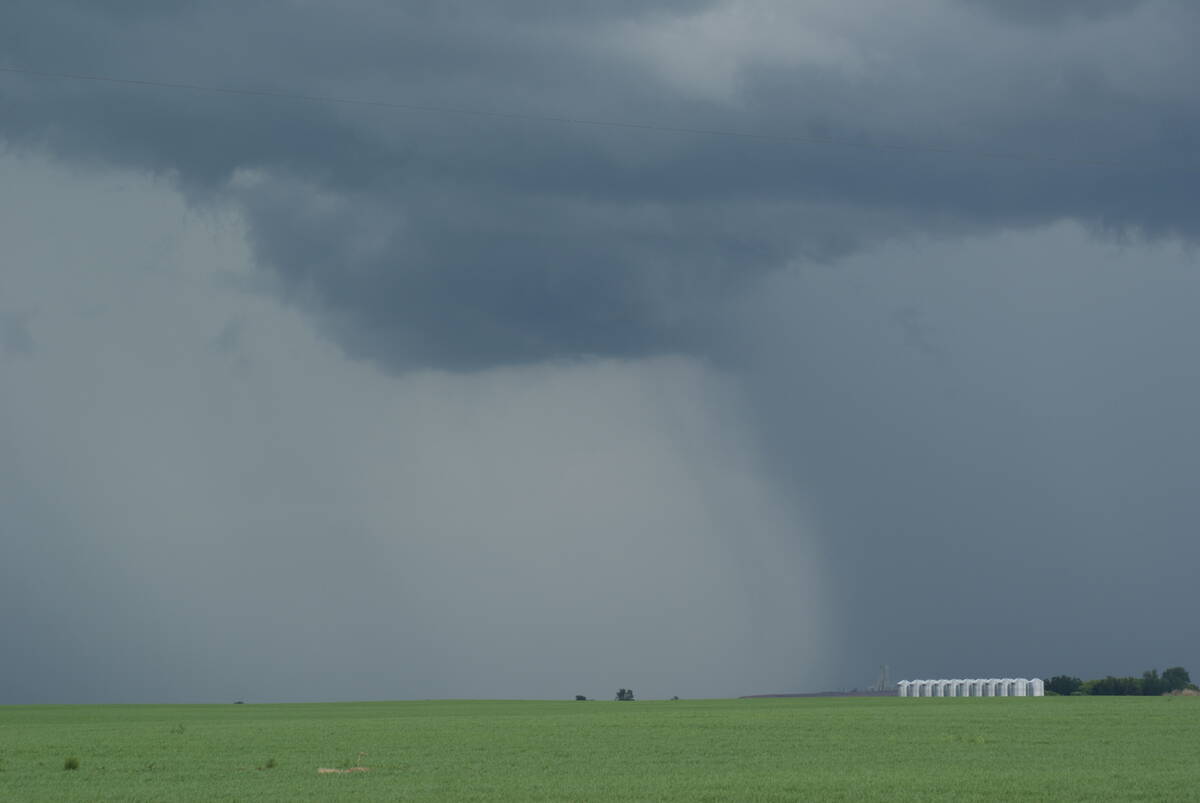Tax law changes that affect farmers are not always the result of carefully considered arguments about how to make the Income Tax Act more effective for the sector. Sometimes it is simply the result of the political law of unintended consequences.
Consider the case of two gentlemen farmers with significant off-farm income and small money-losing farms on the side who have inspired governments to tighten the rules on what tax writeoffs part-time or beginning farmers can claim.
Peter Connell was a rising bureaucratic star in Ottawa in the 1970s and 1980s, becoming first Revenue Canada deputy minister and then, in 1982, deputy agriculture minister.
Read Also

Canadian farmers need new tools to support on-farm innovation
Farmers need a risk management buffer that actually works and investment that drives advancements forward if Canada is to build resilience.
He also ran a purebred Simmental cattle operation at Oxford Station near Ottawa, and although it was a money loser, Connell considered himself a full-time farmer with a plan to make the farm profitable.
He used the full-time farmer claim to write off tens of thousands of dollars in farm losses against his public service income over many years.
Revenue Canada finally rejected his claim and he took his old department to court, winning the first round but losing at the Federal Court.
“It is hard to characterize the role of deputy minister in the Government of Canada as an employment sideline,” justice Barry Strayer wrote caustically in a 1988 judgment.
The federal government tightened the rules around farmer eligibility to write off all farm losses against off-farm income.
The farm community of the day saw it as a sideswipe penalty for young or part-time farmers who needed off-farm income to survive.
Fast forward almost three decades.
This time, well-to-do lawyer John Craig with a horse farm enterprise was also challenged for writing off losses against his lawyer’s income.
He fought it to the Supreme Court and won. In 2012, the court said the tax department should not just use a simple income calculation between farm and off-farm income to decide whether a farm operator was eligible for full farm-loss offset because he earned most of his income from the farm. The calculation should be more nuanced and consider other factors, including intent.
“The question is whether, looking at these factors together, the taxpayer places significant emphasis on each of the farming business and other earning activity and if so, the combination will constitute a chief source of income and avoid the loss deduction limitation of Section 31.1 (of the Income Tax Act),” wrote the Supreme Court justices.
Farm advocates cheered, seeing this as a benefit for beginning farmers who depend on off-farm income, as well as for potential outside investors in agriculture.
The federal Conservative government saw it differently: an opening for wealthy non-farmers to avoid tax by buying a money-losing farm.
Legislation now before the House of Commons effectively overturns the Craig Supreme Court decision, restoring the rule that farm income must exceed off-farm income to be eligible for full writeoff.
Otherwise, the limit would be $17,500 in loss writeoff reflecting actual losses of up to $40,000.
The Canadian Federation of Agriculture has complained to Finance Canada that this penalizes new entrants and discourages investors.
Peter Connell and John Craig were inadvertent perpetrators of the political law of unintended consequences.














